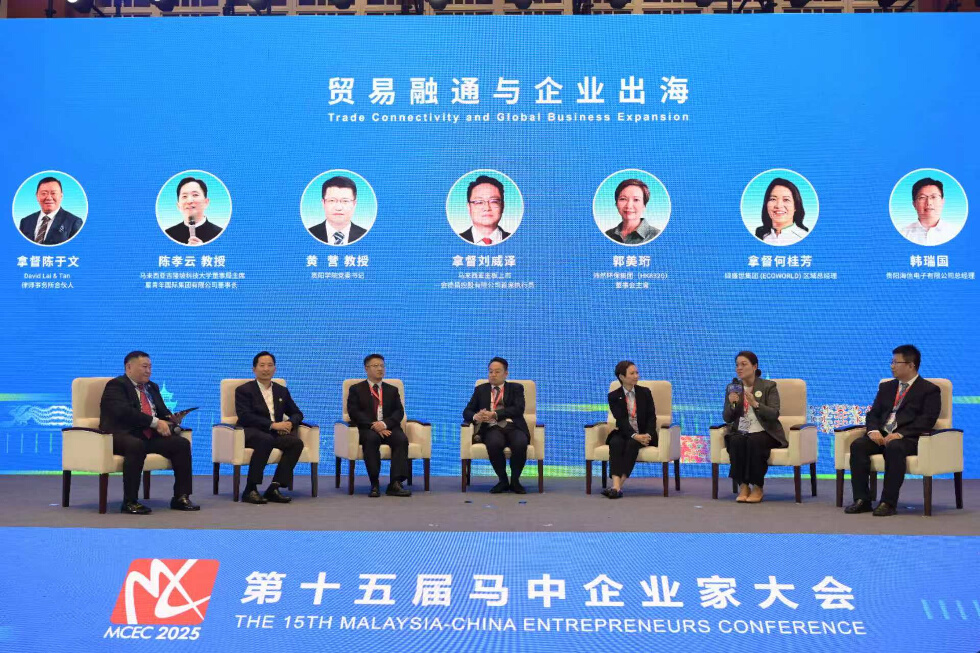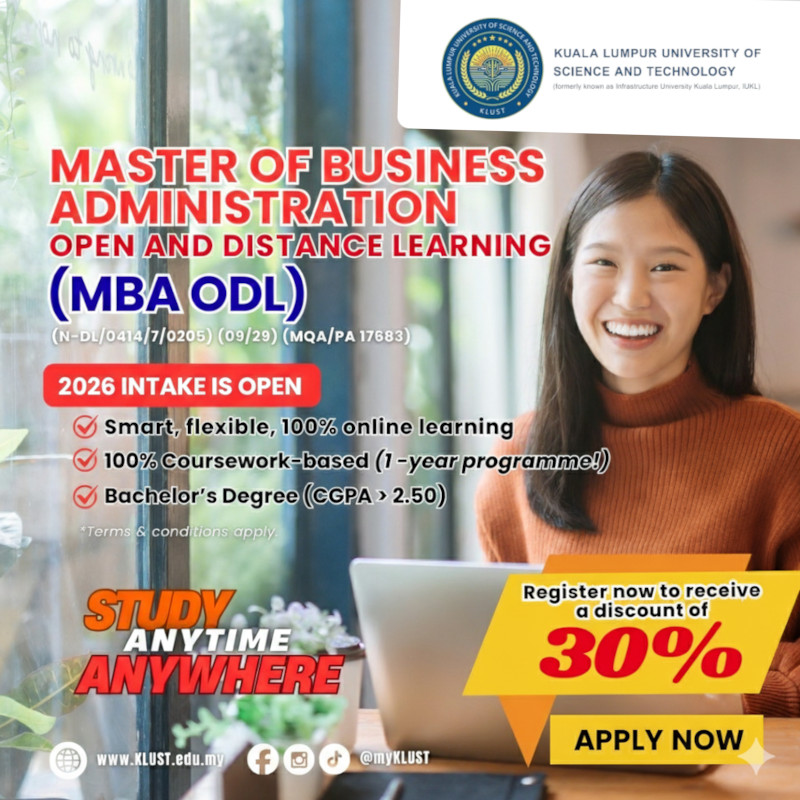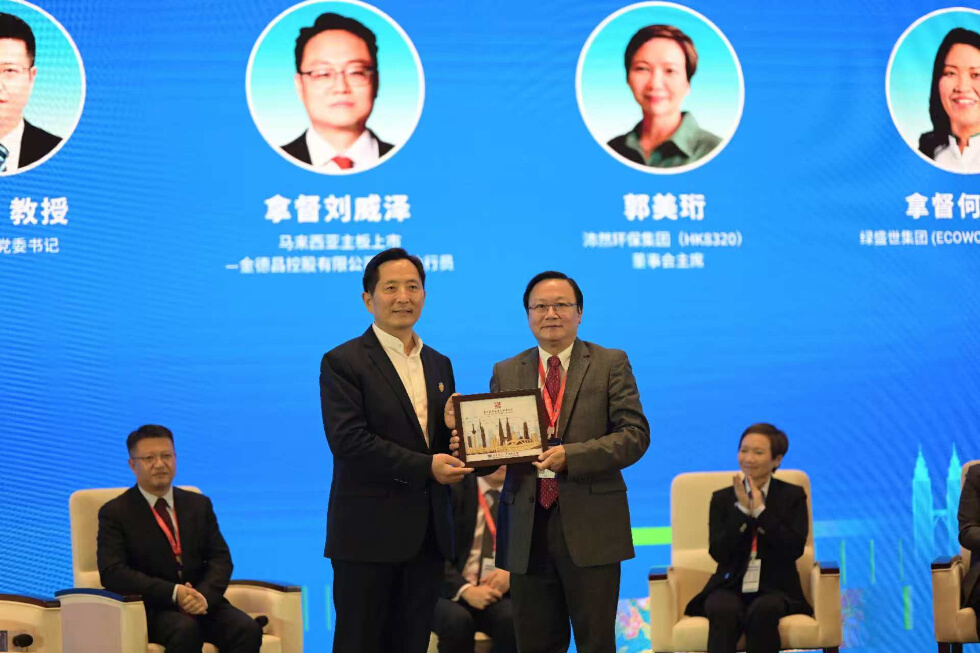
Guiyang, China – August 12, 2025 — The 15th Malaysia-China Entrepreneurs Conference on Industry-Education Integration and International Cooperation opened in Guiyang with great momentum, bringing together thousands of leaders from government, business, and education to chart new directions for regional collaboration under the Belt and Road Initiative. The conference highlighted the growing importance of aligning industry with education to seize emerging opportunities in global and ASEAN markets.
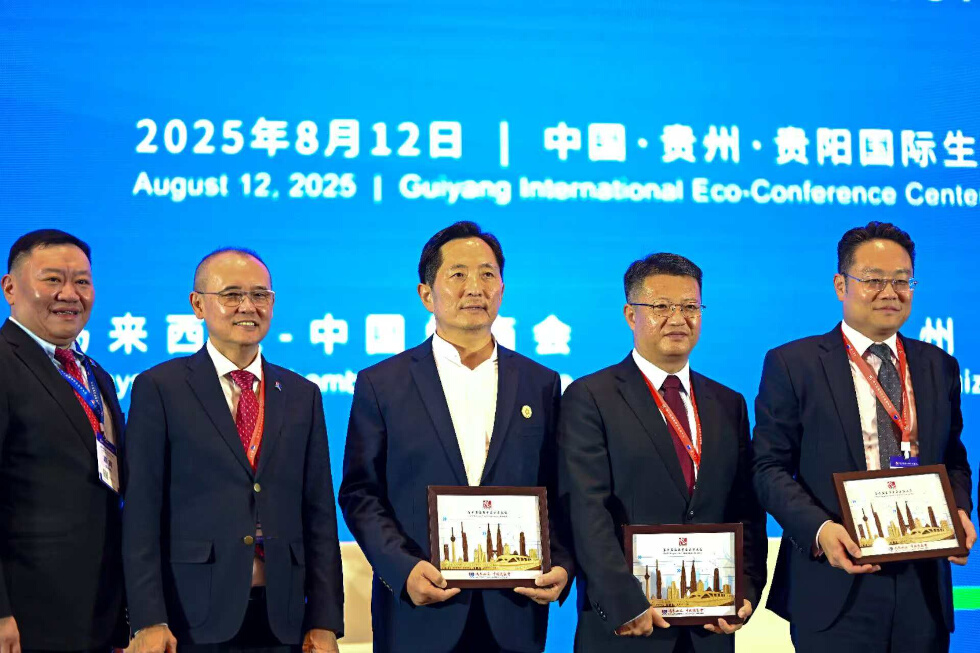
Professor Chen Xiaoyun, Chairman of the Board of Kuala Lumpur University of Science and Technology (KLUST) and Chairman of Star Teenagers International Group, was invited to deliver a keynote address titled “Focusing on Talent Cultivation for Global Industries, Building an ASEAN Vocational Education Community for Global Expansion.”
In his speech, Professor Chen emphasized that amid major shifts in global industrial chains and the surging dynamism of the ASEAN market, education must remain firmly rooted in industry needs. He underscored the guiding philosophy of “industry global expansion, talent first; talent cultivation, education as the foundation” to ensure sustainable talent support for regional economic integration.
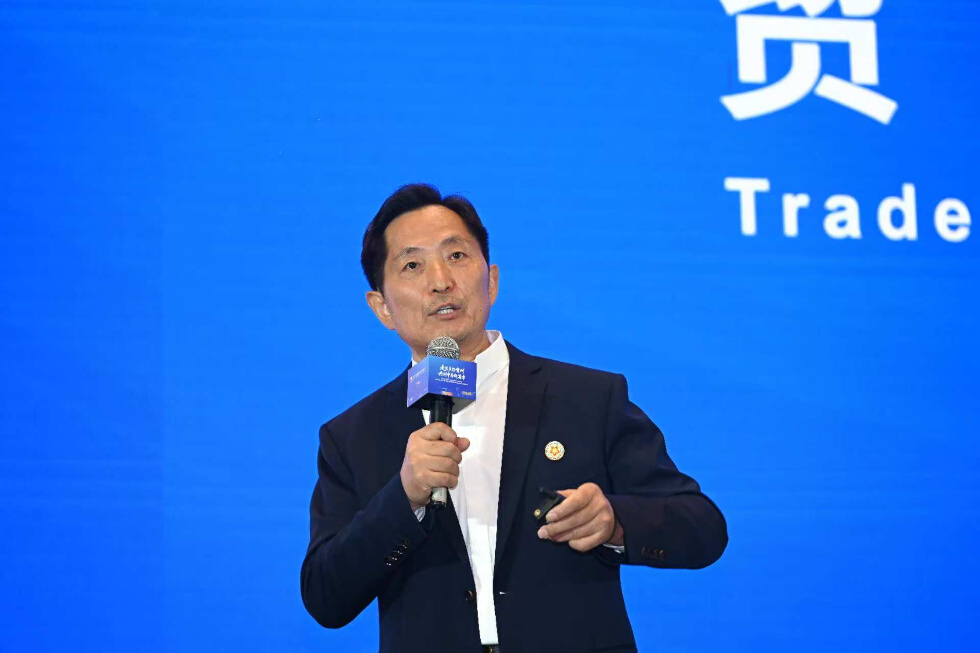
Professor Chen further proposed the creation of an ASEAN Vocational Education Community for Global Expansion, which would focus on cultivating highly skilled professionals with strong technical expertise, innovative thinking, and an international outlook. This new model of school–enterprise collaboration, he explained, would not only enhance vocational education but also inject fresh momentum into the China–ASEAN strategic partnership.
Drawing on more than 30 years of experience in vocational education and international cooperation, Professor Chen shared the progress of KLUST under the Belt and Road Initiative. Since its acquisition and rebranding, the university has positioned itself as a regional hub for science and technology education, guided by the framework of “Cooperation for All-Win Outcomes, Serving Local Development, Integrating Industry and Education, and Striving for ASEAN Leadership.”
Industry-Education Achievements at KLUST
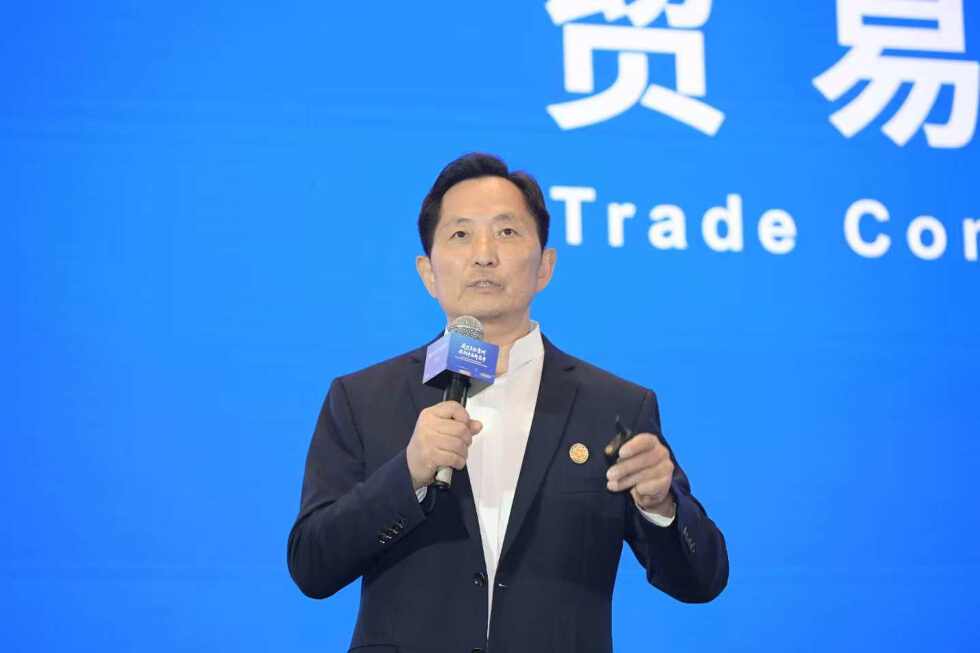
KLUST has made significant strides in industry-education integration, including:
- Partnerships with global leaders such as Huawei, Chery, and iSoftStone to establish industrial colleges and innovation research platforms, ensuring that graduates are well aligned with evolving industry demands.
- Leadership in the Malaysia–China “Luban Workshop” project, which integrates China’s advanced vocational education standards with Malaysia’s local needs, serving as a landmark achievement in bilateral cooperation.
Strategic Framework: “Four Pillars and Eight Supports”
Professor Chen also outlined KLUST’s top-level design, the “Four Pillars and Eight Supports” model, aimed at cultivating elite talent in technology, education, business, and public services. Supported by eight international education platforms, this framework enhances student competencies in new technology, innovation, applied research, cross-cultural collaboration, and international service.
He reaffirmed KLUST’s commitment to the principle of “joint construction, sharing, and win-win cooperation”, pledging that the university will continue to play a key role in building the ASEAN Vocational Education Community for Global Expansion, empowering industries through education, and creating opportunities that benefit all partners.
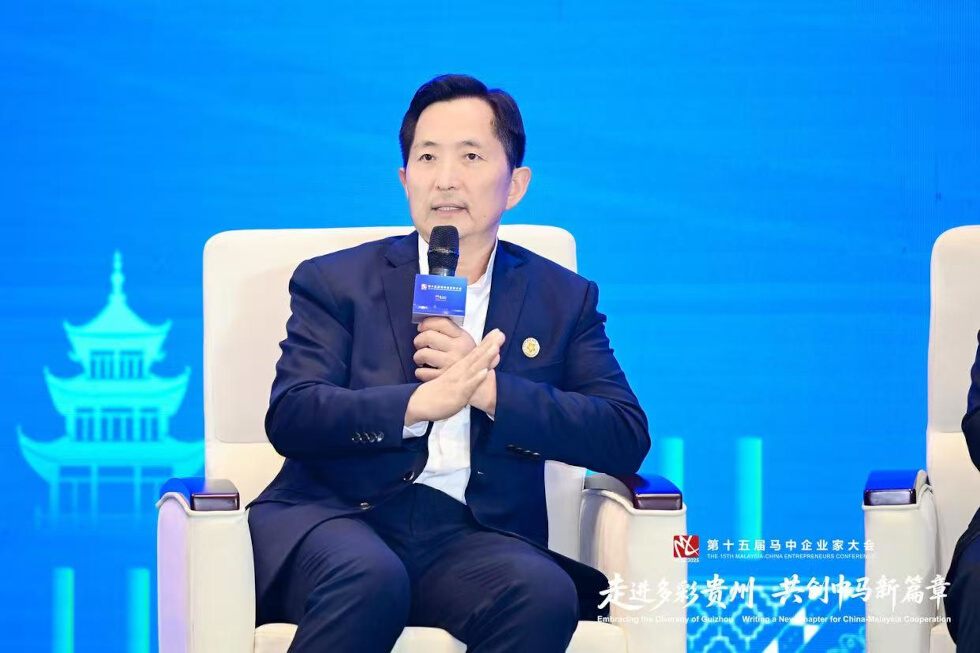
The conference not only showcased KLUST’s achievements in international education but also strengthened trust and collaboration between Malaysia and China. By combining trade exchanges with talent cultivation, the two countries are pioneering a new model of synergistic growth that deepens regional integration.
As Professor Chen concluded, “Let talent cultivation be the bond for regional economic integration, and let educational cooperation be the bridge of friendship between Malaysia and China.” Looking ahead, KLUST will continue to seize the opportunities presented by the Belt and Road Initiative and ASEAN cooperation, with the vision of becoming a leading applied research university in the region—one that produces graduates who are proficient in language, skilled in technology, and enriched in culture.
